Noticia
Presentation of the book: "Autonomías y Autogobierno en la América Diversa"
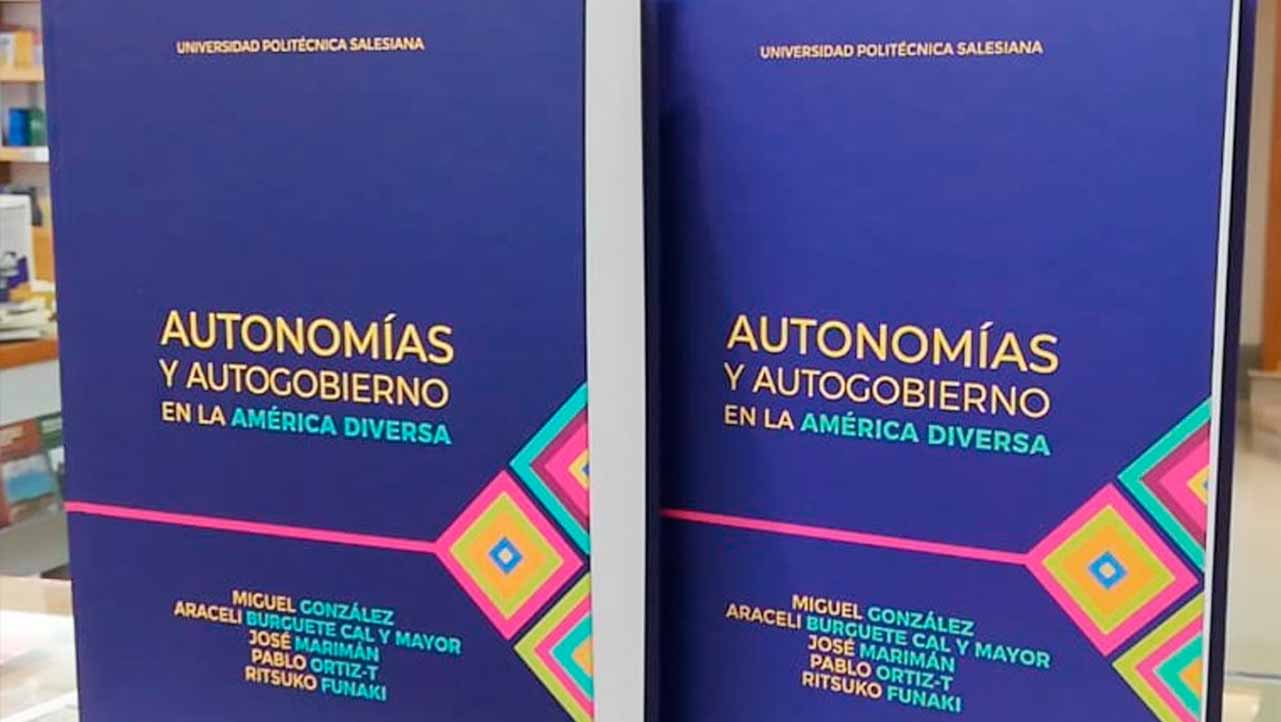
During an online meeting, the university presented the book titled "Autonomías y Autogobierno en la América Diversa", which was published and co-edited by the university's Abya Yala – UPS Publishing House with the participation of the International Work Group for Indigenous Affairs (IWGIA) from Denmark, CIESAS from Mexico and Kakenhi Foundation from Japan. The authors of the book are Miguel González, Ritsuco Funaki, Pablo Ortiz-T, Araceli Burguete Cal y Mayor and José Mariman.
The book provides an overview of the existing political, legal and institutional arrangements that have resulted in the recognition of indigenous autonomy and self-determination in ten countries: Canada, Mexico, Nicaragua, Panama, Colombia, Ecuador, Bolivia, Peru, Chile and Argentina. There are 27 authors, 21 chapters, 10 indigenous women and men, and 13 women from 13 countries. Most of them are experienced researchers in their fields of study and, in some cases, they are indigenous professors in leadership positions who can influence their communities.
Maria Sol Villagomez, vice president of our branch campus in Quito, congratulated the authors and stressed that the book presents common challenges and local discussions that speak of the complex implementation of rights in the region. She also referred to the close work that the university maintains with the country's indigenous people. Later, Hernán Hermosa, a research and professor, contextualized the book's editing and production work within the Abya Yala - UPS Publishing House and the peer review.
Asier Martínez, from the University of Deusto, Bilbao, highlighted the richness and diversity of the articles. "The book allows an analysis and comparison of indigenous rights in the last ten years. It is an input for debate and political discussion", he said while highlighting three essential aspects to understand these processes: the conflict of autonomy between the State, indigenous people and stakeholders; extractivism as a model of development and the criminalization of indigenous people and finally thinking and planning from community bases.
There was also a forum: "Autonomías indígenas en América Latina: entre las grietas y la búsqueda de caminos propios", with the participation of several authors and coordinators: Miguel González, professor-researcher at the University of York, Toronto, Canada; Frederica Barclay, researcher at the Center for Public Policies and Human Rights, Peru; Consuelo Sánchez, professor and researcher at the National Institute of Anthropology and History INAH, Mexico; Viviane Wietzner, Research Professor at Mc.Gill University, Canada; Pablo Ortiz-T., Research professor of the State and Development Group and of the Management for Local Development program at UPS and collaborator of the International Working Group on Indigenous Affairs IWGIA.
Más información de la obra y autores en el blog: https://upsalesiana.ec/inflibamediv
Contenidos Relacionados
Contenidos Relacionados
Noticias Relacionadas
Noticias Relacionadas

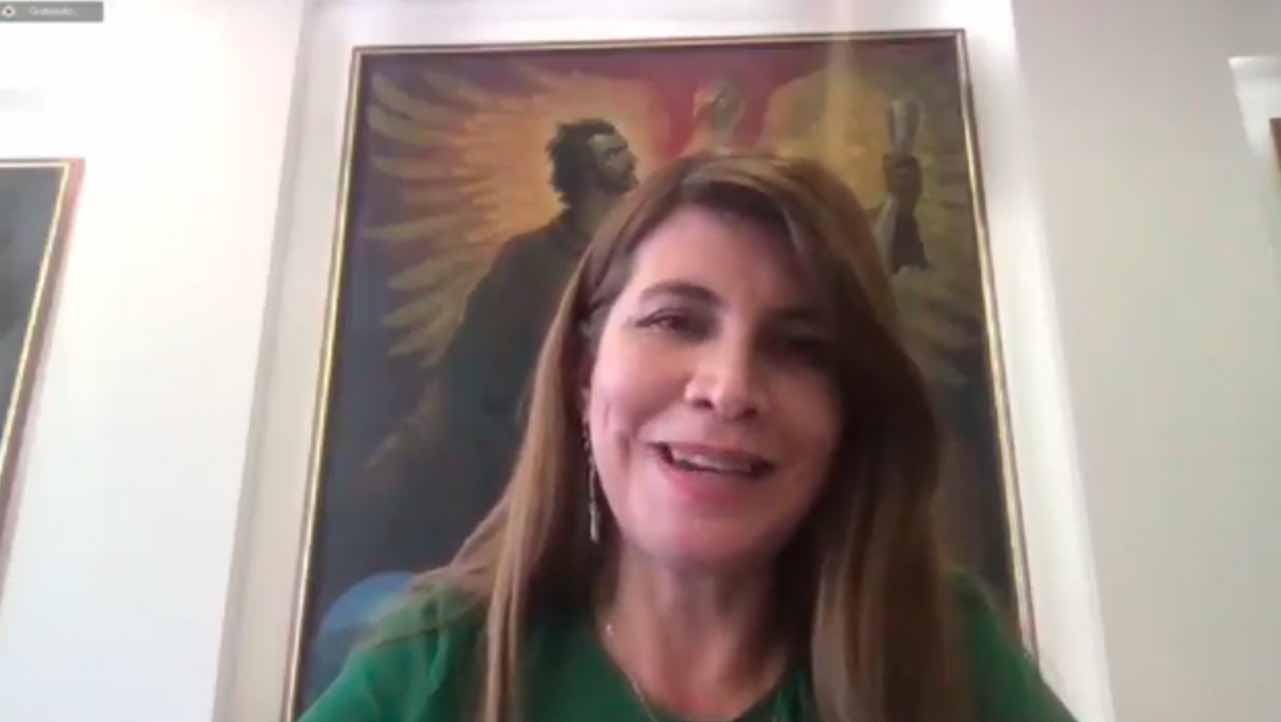
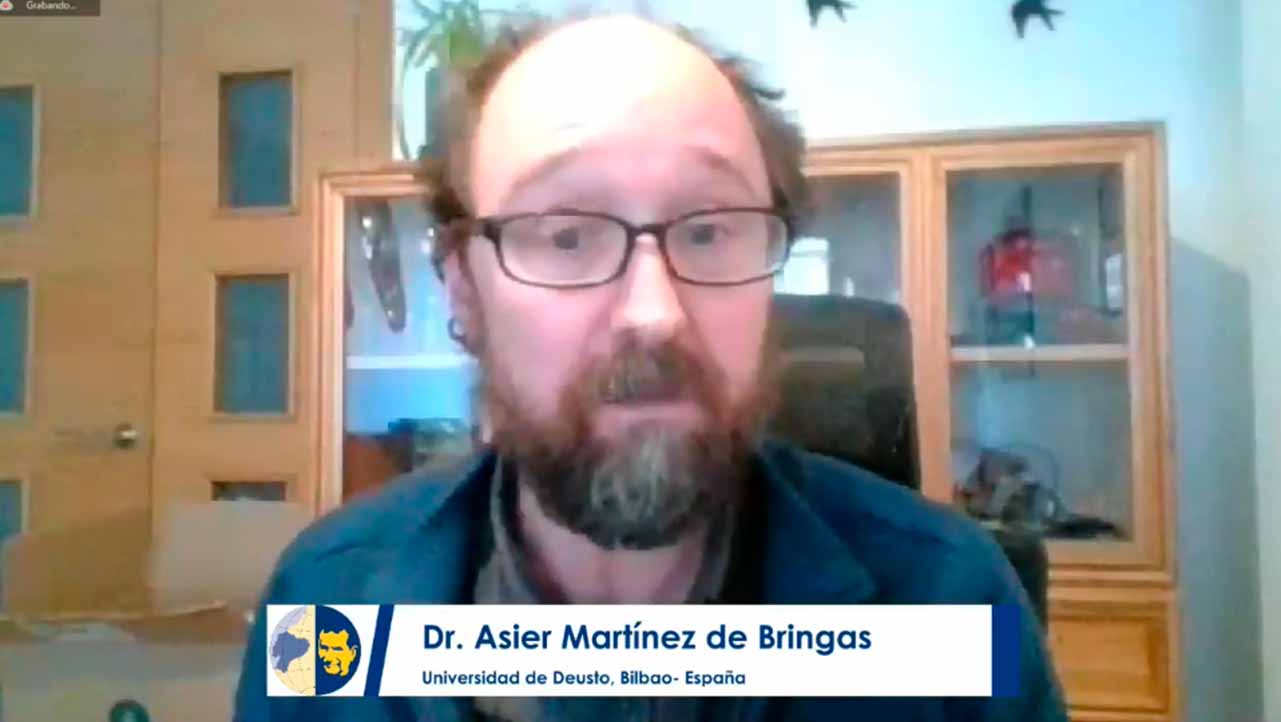
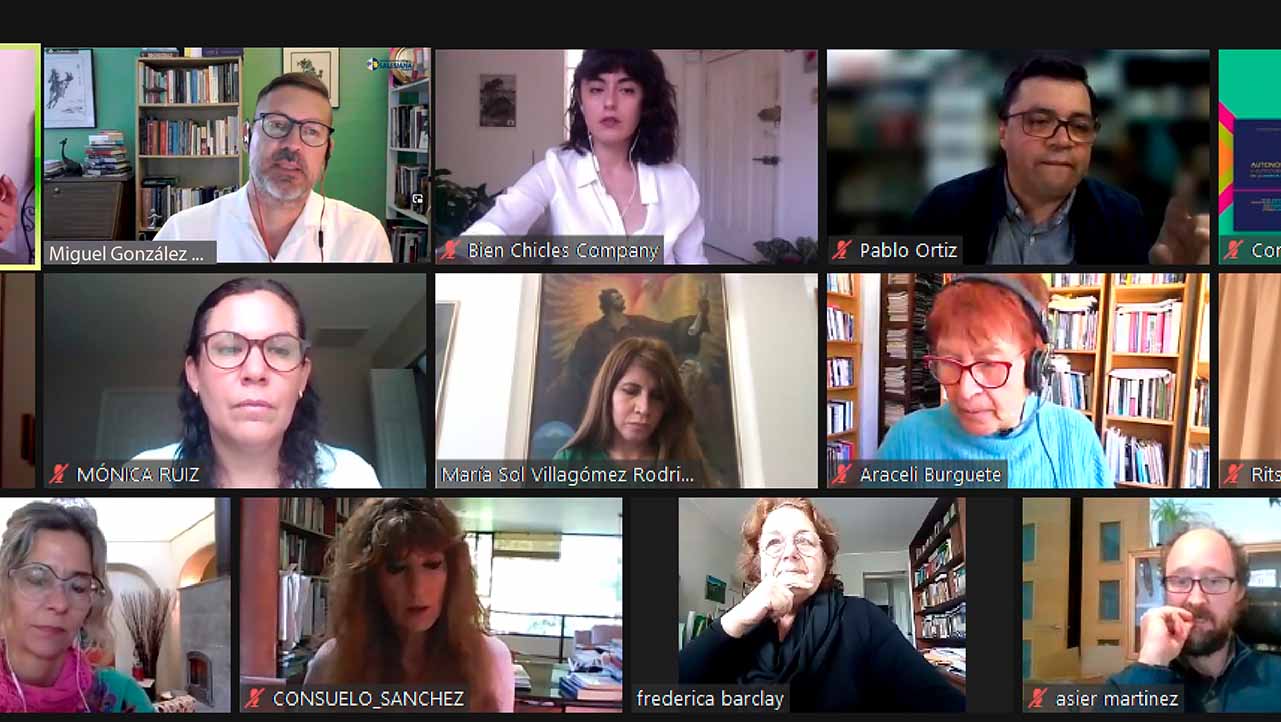
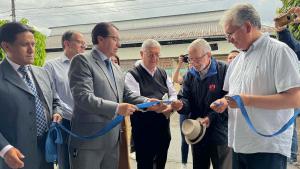
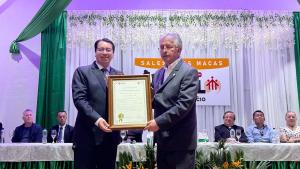
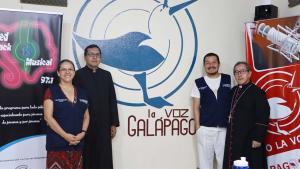
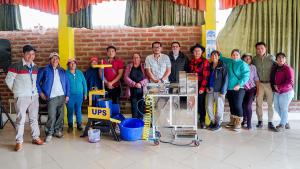
Follow us
Follow us